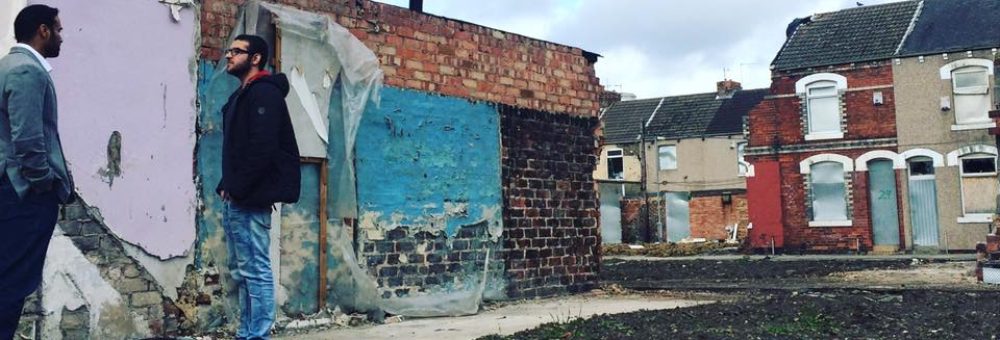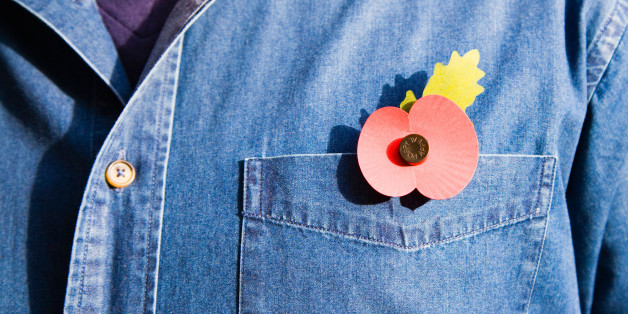The decision to extradite Talha Ahsan and Babar Ahmad is only one in a long line of subservient decisions that the UK judiciary has taken to please the US.
These two men have languished in prison, without charge, without an end in sight, for six and eight years, respectively. Their families going through a difficult and emotional time, to which the film Extradition is testimony.
There are many people that will deride the British judiciary and politicians for allowing this to happen to Talha Ahsan and Babar Ahmad. The one-sided UK-US 2003 extradition treaty means that people who cannot be charged here can face incarceration in American Supermax prisons for at least four years as they await trial. The question that has been asked is, if there is enough evidence to charge these men then why not put them on trial in the UK? The answer is simple, there simply is not enough evidence.
Why then this debacle, and grotesque charade? In the case of Babar Ahmad, the Metropolitan police handed over evidence to the FBI whilst their own case was collapsing due to a lack of evidence.
Substantial responsibility also falls on Muslim leaders and notables. For all their efforts in trying to please the establishment and pump out their one-sided integration paradigm message, today’s decision has been a slap in the face for them all.
Muslim magazines, publications and media have depoliticised themselves. Rather than awakening and increasing the Muslim consciousness they have been complicit in keeping them docile and compliant. Flicking through Muslim magazine pages all I see is fashion tips, cooking instructions and the odd reference to some wishy washy Muslim individual that has managed to integrate to the extent that they can now wear their hijab in a pub and grow a beard like a biker – not at the same time of course.
For a community that has been under attack since 9/11 the response from the educated and former activists has been surprisingly muted. Rather than assert themselves they have fallen over themselves to get government grants and funds to de-radicalise their own communities without looking at the fine print. De-radicalisation has meant de-politicisation. Muslims are not supposed to protest, demonstrate, object or stand up. They are expected to tow the mainstream line and accept the labels handed down to them. Now even they will be afraid that this injustice will spread wider and further having implications for all, not just Muslims.
Babar Ahmad, Talha Ahsan and even Abu Hamza have rights. The demonisation of Abu Hamza has clouded the entire extradition process in the media. Abu Hamza, although outspoken, vociferous and vilified by the media has been used to cover up the injustice that has taken place here. It is easy to hate a man with an eye patch and a hook, a man who does not fit the normal British ‘look’, whilst forgetting that he has rights just like any other citizen. To compromise on these rights just because we do not agree with his views, dislike him as an individual or because he does not fit our version of ‘British’ is to compromise our principles of justice and equality as a society and will lead us down a slippery road that will end in further injustices.
Those in the establishment that are always fearful of radicalisation in the Muslim community must realise that outcomes like this dreadful decision further alienate communities and makes Muslims feel like they do not have a voice in Britain – 150,000 people signed a petition asking for Babar Ahmad to be tried in the UK. They might be cowed into acquiescence through fear, or they may be repoliticised or radicalised in the good old fashioned way. There may also be just a few who see all the avenues of legitimate protest, interaction and campaign, be they political or through the legal system, closed off and decide to take rather different action – the antithesis to everything this security discourse superficially claims to be tackling.
As for the fashion loving, docile and cup cake cooking Muslims; carry on flicking through your lifestyle magazine pages and picking out new colours for you headscarves and designer prayer beads – the rest of us will continue to speak out when people are taken away. Until, at least, they come for us.

